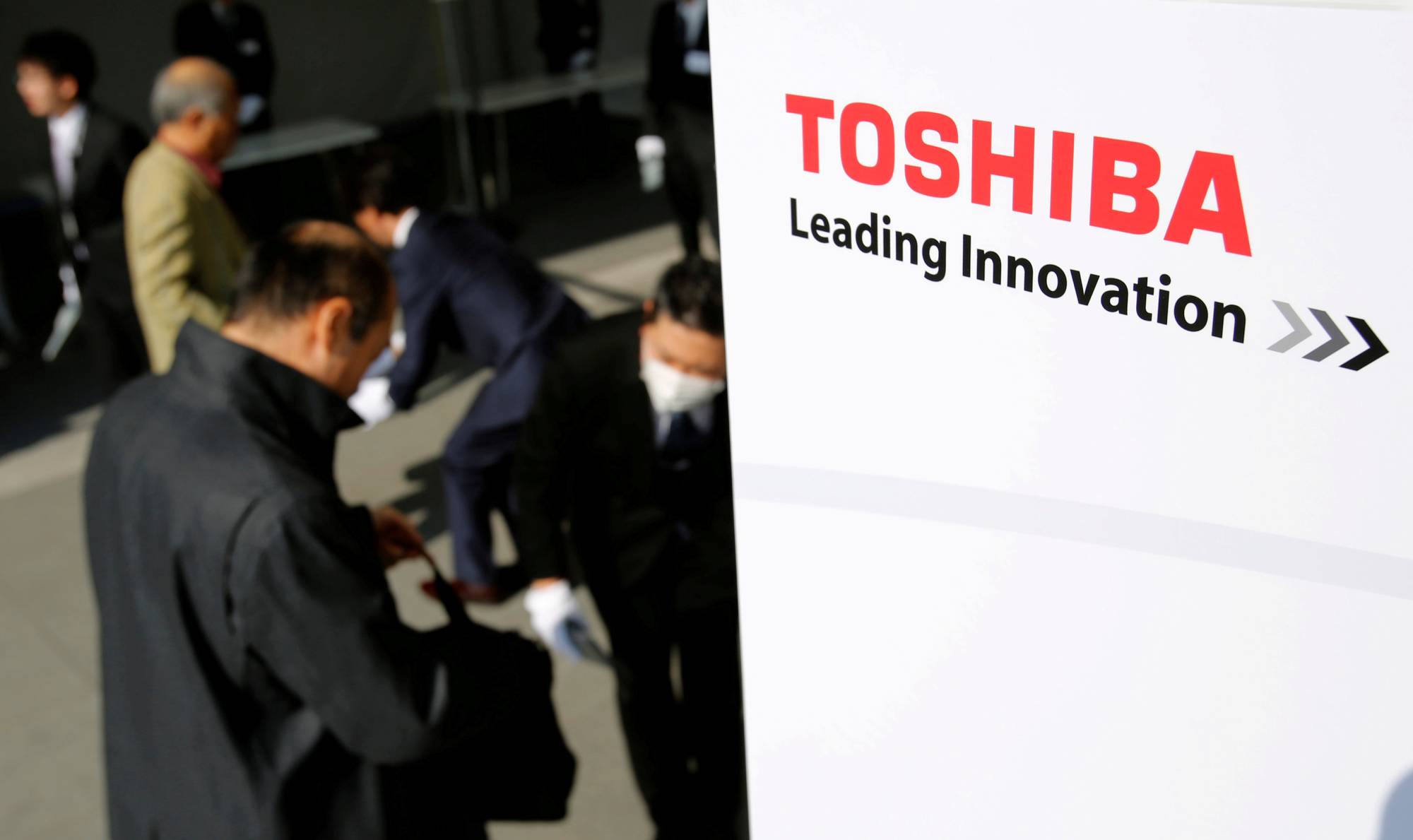Toshiba has agreed to accept a buyout offer on Thursday from a Japanese consortium led by the investment fund Japan Industrial Partners (JIP), shedding light on a possible exit from its trouble-prone path over the past several years.
Multiple local media outlets reported that Toshiba held its board of directors meeting on the same day and made the decision with the buyout price projected to be around ¥2 trillion.
It is expected to be funded by other Japanese firms such as Orix and Chubu Electric, while some banks including Sumitomo Mitsui Banking will be offering loans.


















With your current subscription plan you can comment on stories. However, before writing your first comment, please create a display name in the Profile section of your subscriber account page.